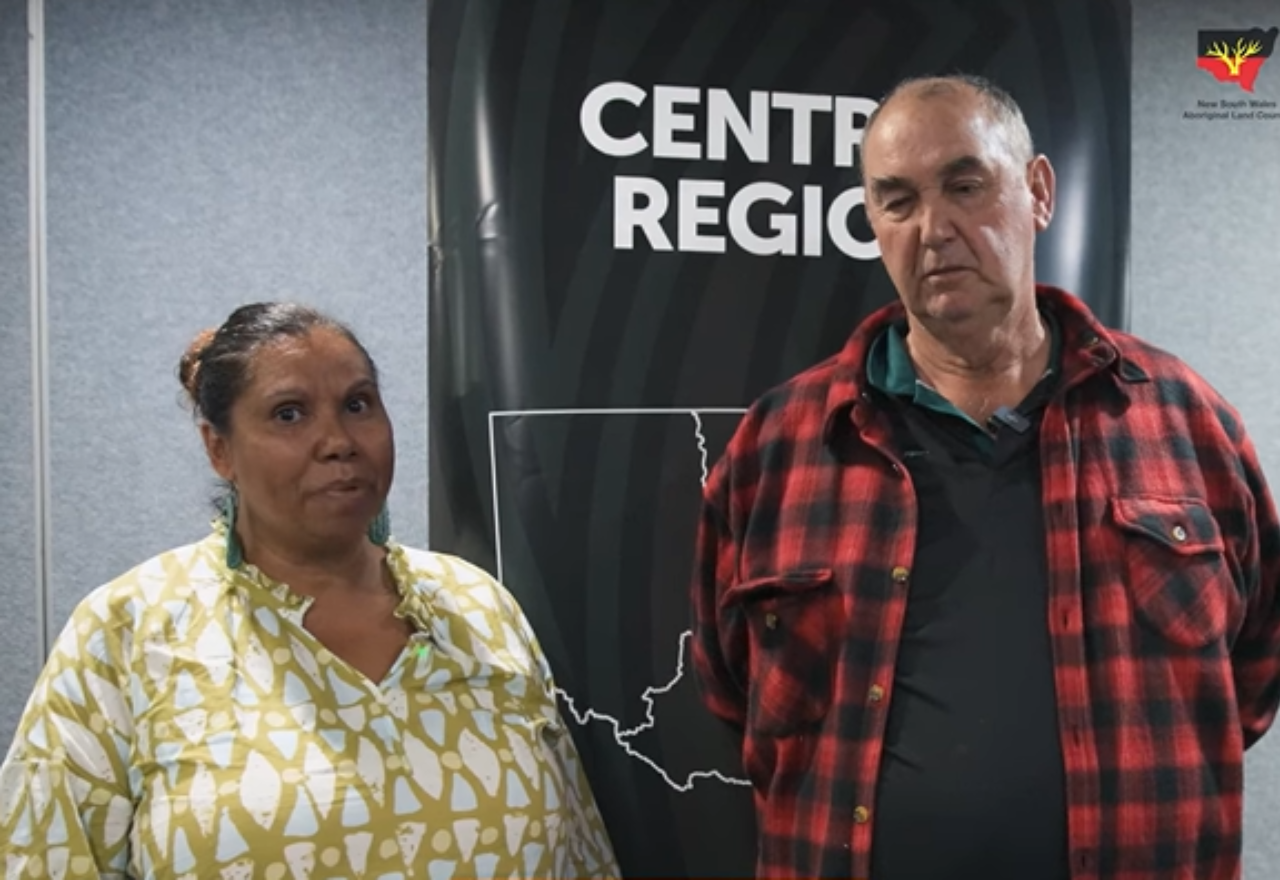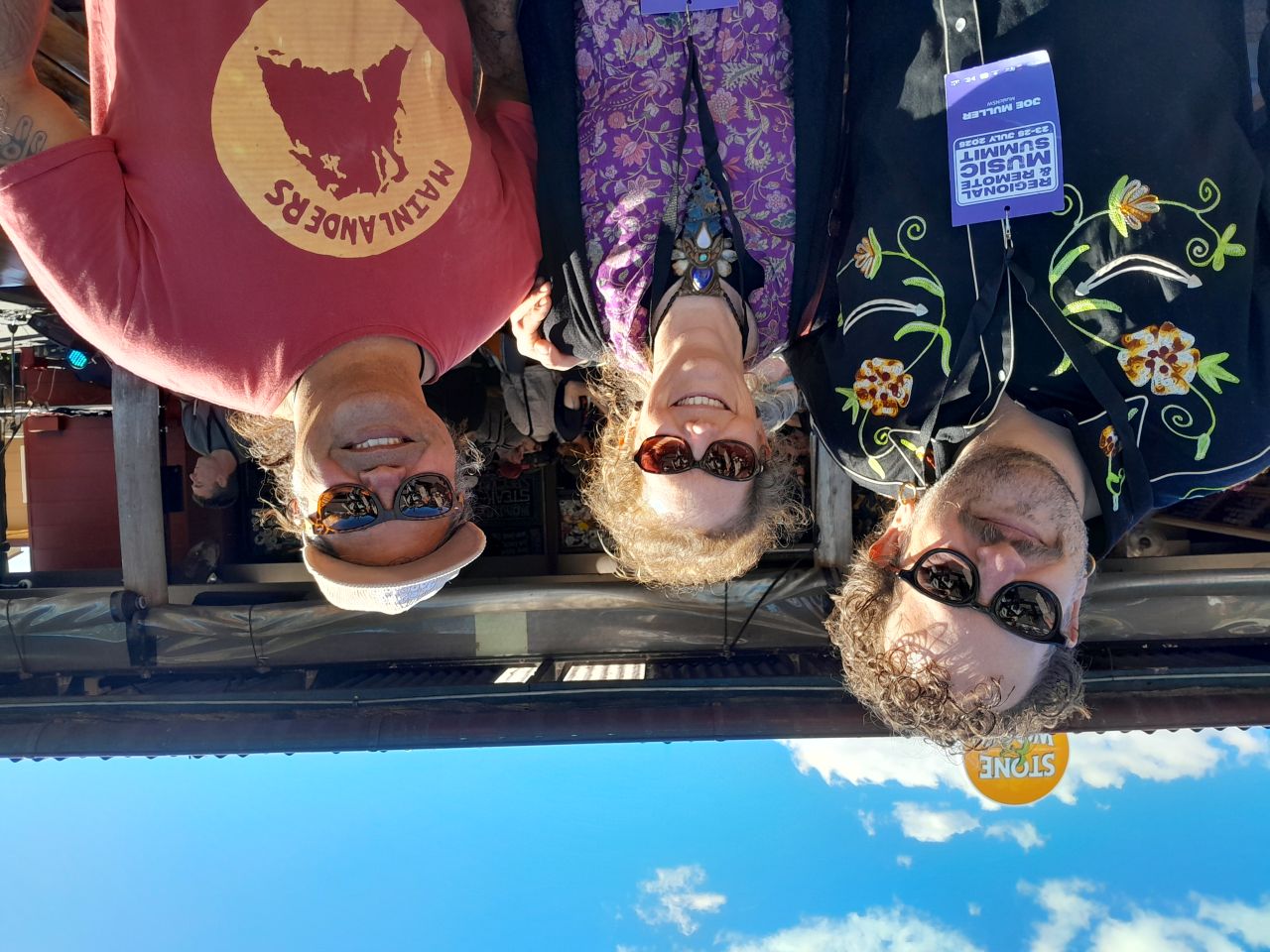Tourism fears as national park camping fees set to soar
Ainsley Woods
30 July 2025, 7:40 AM
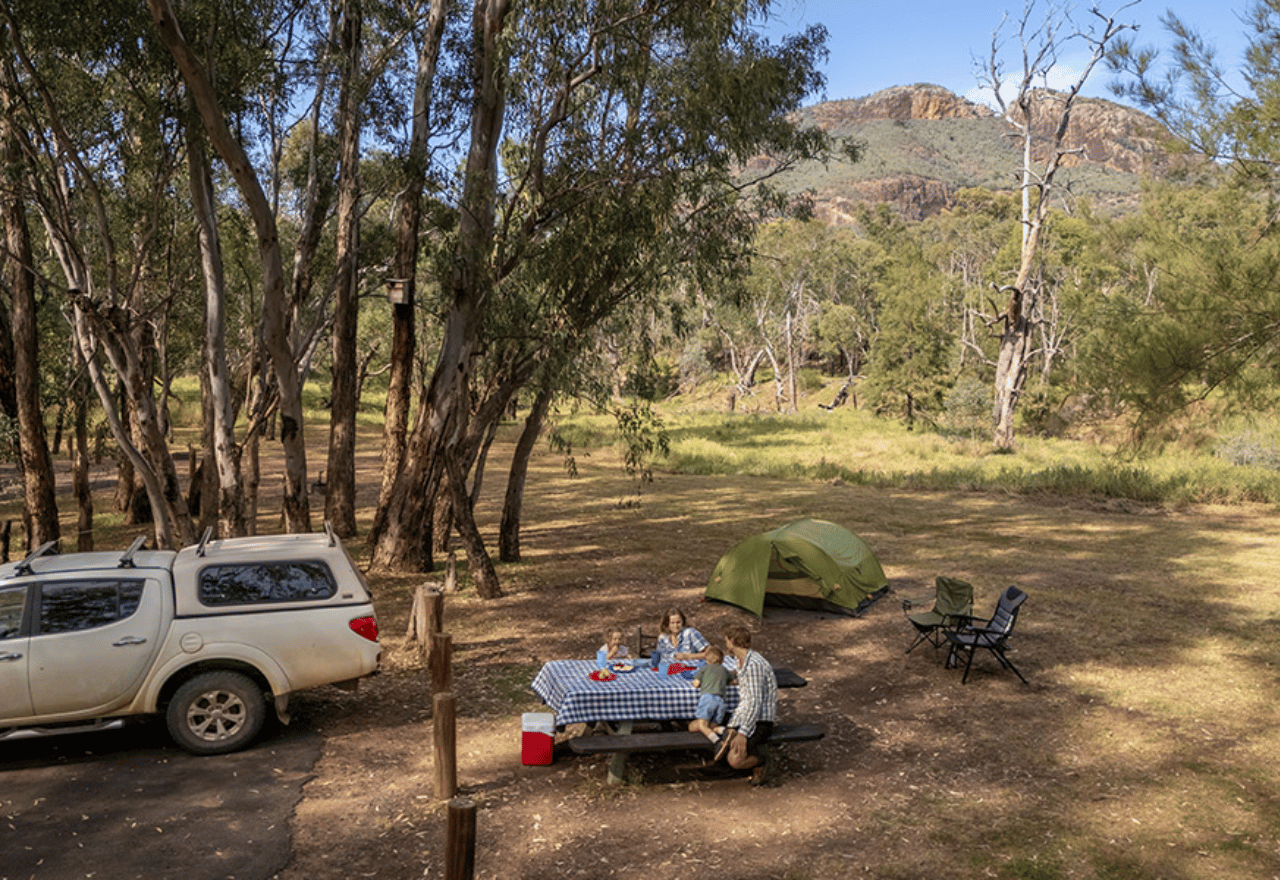 Camp Blackman, Warrumbungle National Park. [IMAGE: NPNSW]
Camp Blackman, Warrumbungle National Park. [IMAGE: NPNSW]Local businesses across the Western Plains are bracing for a potential blow to tourism, with the NSW Government considering a major hike in camping fees at National Parks.
The proposed changes, outlined in a recent consultation paper, could see overnight fees at some campgrounds rise by as much as 600%, turning a family-friendly escape into a luxury few can afford.
Tourism operators warn the plan could hit regional economies hard, with fewer visitors venturing out to explore iconic parks like the Warrumbungles, Gundabooka, Pilliga and Macquarie Marshes.
"This is simply unacceptable, and the NSW Nationals have taken a strong stand against it," said Nationals MP Scott Barrett, the Duty MLC for Orange and Barwon who first raised the alarm.
He has called the proposed hikes “a direct threat” to tourism and family budgets across western NSW.
Mr Barrett has teamed up with camping advocate and filmmaker “Outback Mike” Atkinson to launch an ePetition calling for the proposal to be scrapped.
Instead, they’re urging the Government to increase the number of campsites to meet demand, ensuring National Parks remain accessible for all.
The petition has already gathered more than 12,000 signatures, reflecting growing community concern.
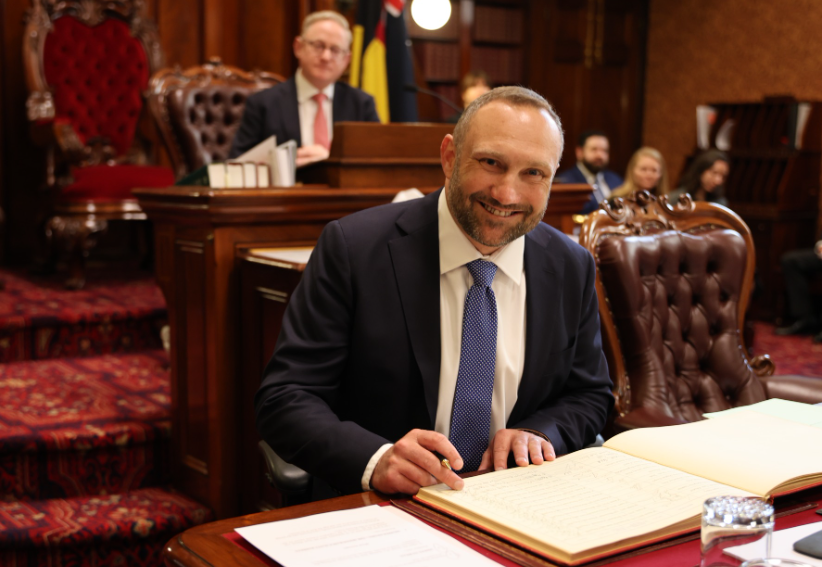
Scott Barrett MLC in NSW Parliament. [IMAGE: NSW Legislative Council]
For many Western Plains towns, National Parks are a cornerstone of local tourism. In 2023–24 alone, there were 1.8 million overnight stays in New South Wales National Park campgrounds.
Barrett argues, “We should be making that number go north not south. Visitors are spending money in surrounding towns and we need to keep encouraging that into the local economy.”
With overnight site costs potentially jumping from $24 to over $100, families may look elsewhere for more affordable getaways.
“The flow-on effects are huge,"he says.
We need to be doing everything we can to attract people to these towns, so they can go and visit these great places and can go and tell their friends about it. We want people coming back.”
The Government says the fee changes are needed to fund maintenance and protect park environments from overuse.
Critics argue that with almost $300 million spent expanding the National Parks estate in the past five years, more focus should be on improving access to existing sites.
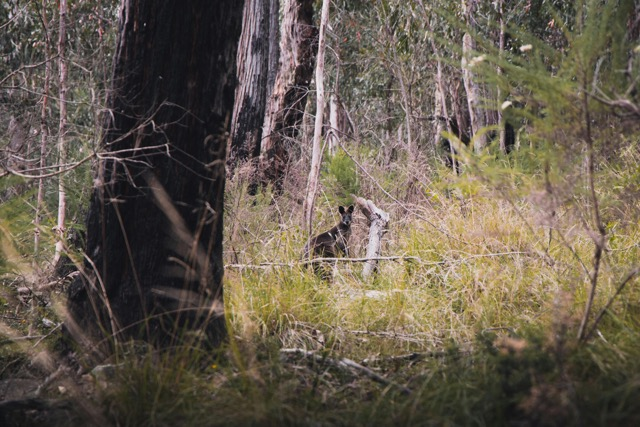
Looking after parks better is a high priority for local stakeholders.
“That money would be better spent looking after the parks we’ve got,""Mr Barrett said.
Making them more accessible and getting the biosecurity threats out of our national parks, it will make the estate more valuable for ecological reasons, environmental reasons and tourism reasons.”
Barrett also believes better management of National Parks would deliver flow-on benefits beyond tourism, helping local agriculture and rural communities.
He says improving weed and pest control within parks would strengthen relationships with surrounding farmers.
“If the national parks are going to be managed better, the relationship between national parks and surrounding farmers will improve. A lot of people see national parks as breeding grounds for pests and weeds, rather than see the ecological value they should be adding.”
With rising concern over the potential economic and environmental impacts, all eyes are now on whether the Government will rethink its approach.
Locals and businesses can have their say before the consultation period closes. The ePetition is live now on the NSW Legislative Council website.


